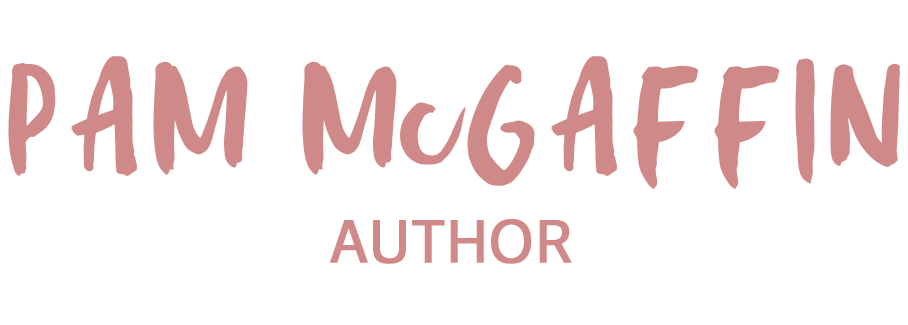A confession and a voice
I didn’t set out to write a young-adult novel. I just wanted to write a novel, and the voice that came to me was that of a 13-year-old girl.
She said, “It was an accident, but that wouldn’t matter.”
I had no idea what this meant, but I decided to roll with it. In 2008, I was looking for inspiration. My 30-year high school reunion had me thinking about my age and my unfulfilled childhood dream of writing a book. So I was primed for hearing voices, or at least, the muse.
On this particular day, I was headed to the family beach house on Guemes Island, WA. I had just missed the ferry and had some time to kill. So I took my dog, Ben, for a walk east of the ferry terminal in Anacortes, past the only seafood cannery left in town, down streets of old row houses and large homes, some lovingly refurbished.
I passed one house on a corner that made me stop (maybe this was where Ben decided to do his business). I remember it as light green with Victorian details and a curving walk. The weird thing is, I’ve gone back to find that house, and I can’t. Maybe the owners painted it, and I no longer recognize it. Anyway, kinda spooky.
Later, after arriving on Guemes (THE BEST PLACE TO WRITE IN THE WORLD!), I got to thinking about the house and what sort of accident would befall those who lived there. Anacortes had been primarily a fishing town, so naturally I thought “fishing accident.” The father dies. Maybe the brother, too.
Maybe it would be interesting to juxtapose this huge accident, this family tragedy, with a small accident, like the shattering of a crystal heirloom vase.
Those were the seeds that eventually grew into a story about a girl and her mother struggling with the mysterious loss of the father. Over many drafts and rewrites, lots of details changed. I threw out the house; I threw out the broken vase. I even threw out the sentence that started it all.
I made Ida older, a girl of 15, and switched the time period around, eventually settling on the late 1960s. I created and dumped characters and plot lines. I wrote whole chapters that I ended up cutting or condensing. More than once, I got so frustrated and disheartened that I thought about abandoning the whole stupid mess.
But I didn’t. I kept at it. The more I worked on it, the more I liked it. Of course, I still had bad days, but I let myself think about publishing and who would want to read it besides my mother.
My 77-year-old mother.
It never occurred to me that my novel-in-progress was meant for a much younger reader until a writer friend of mine who’d read some early chapters said, “This reads like young adult.”
Young adult?
What’s that? Is it the absence of sex and swear words? No. I’ve since read young adult books with both, as well as violence, murder, the end of the world, smoking, rape and the horrors of war. So obviously anything goes in terms of subject matter.
Maybe it’s the age and first-person point of view of my protagonist that defines my novel as YA. If so, that’s pretty artificial.
As a writer, I think in terms of character and story. Genre is just marketing. I prefer not to think in those terms while I’m working.
Now that I’m done and in the professional editing phase, I just hope my book resonates with anyone, say, over the age of 10 – teens, pre-teens and adults, not just young ones, but also with those of us who will never forget what those life altering years were like.


